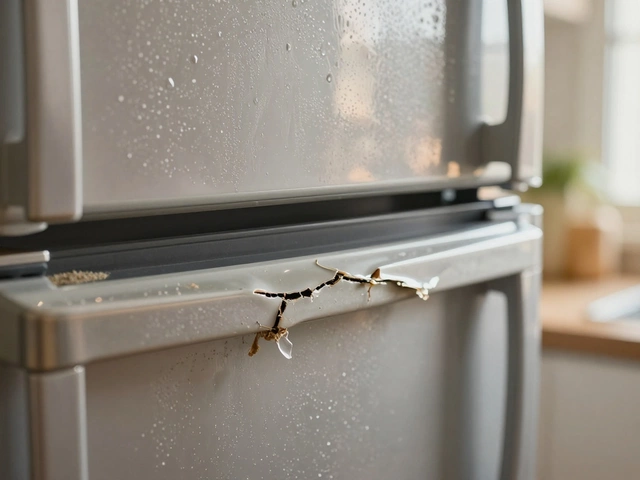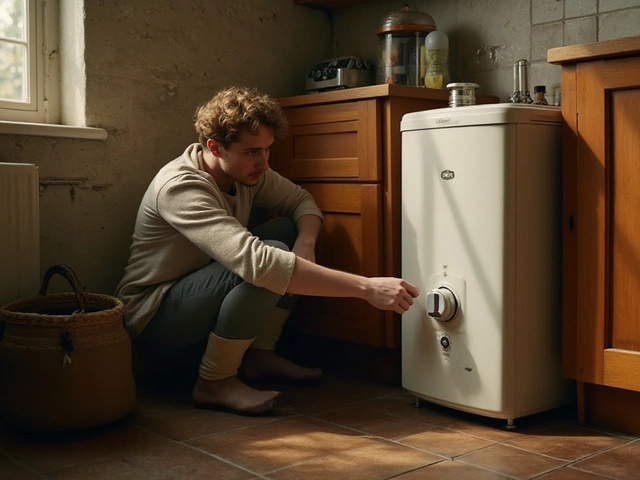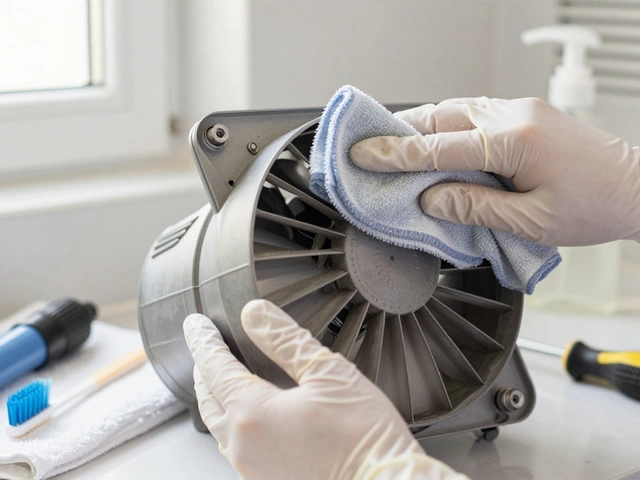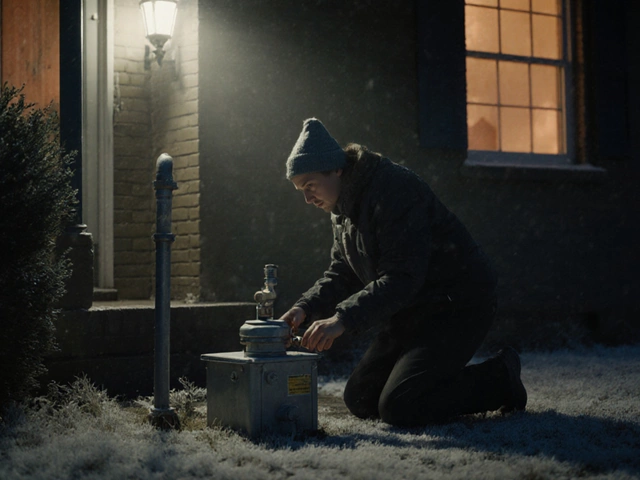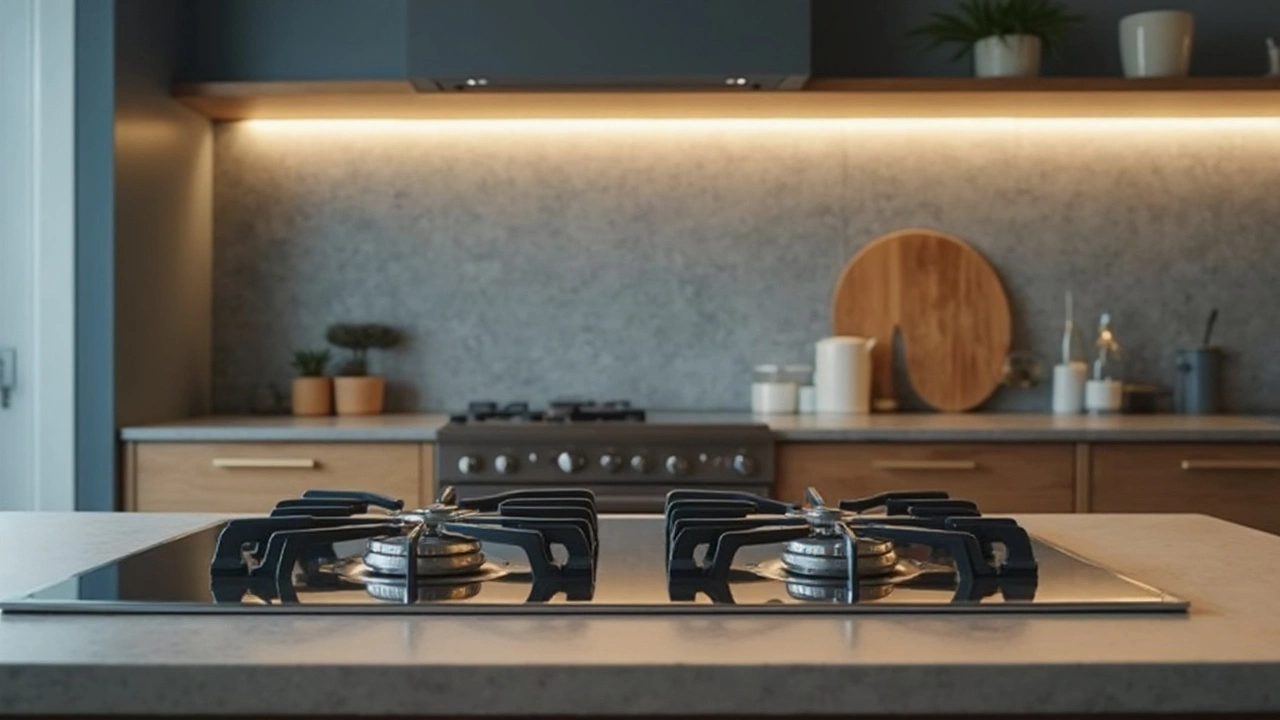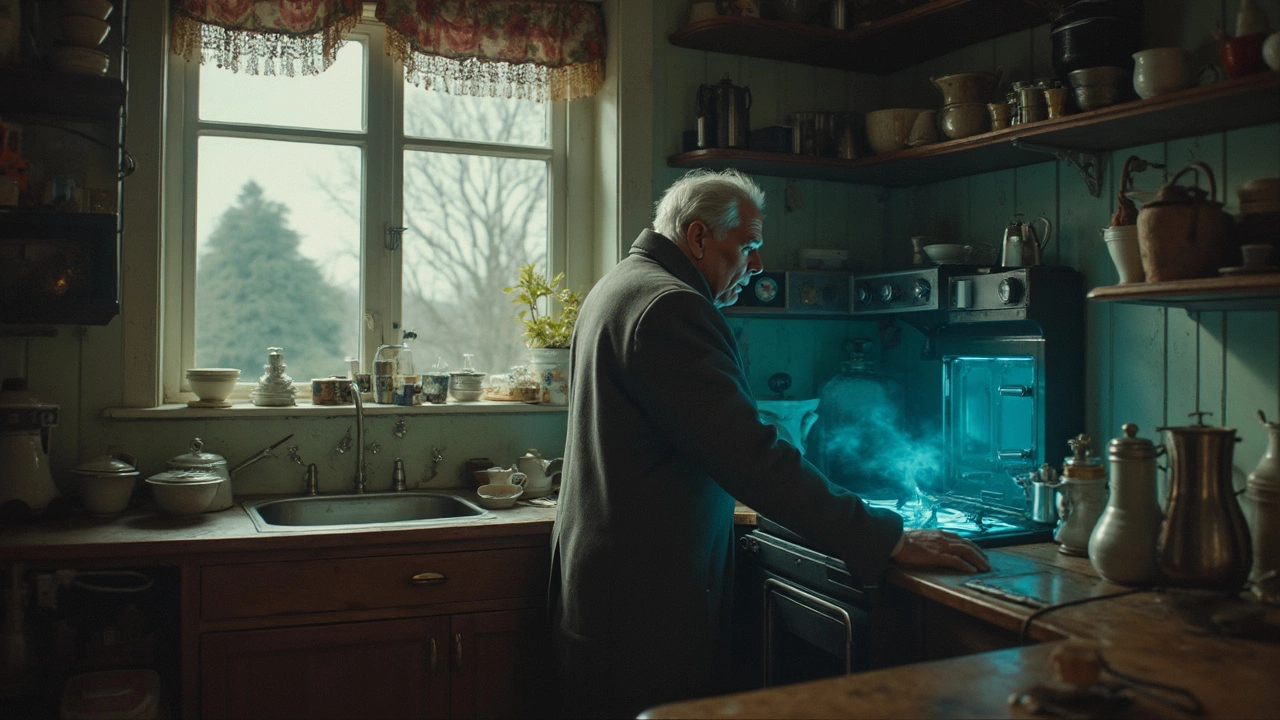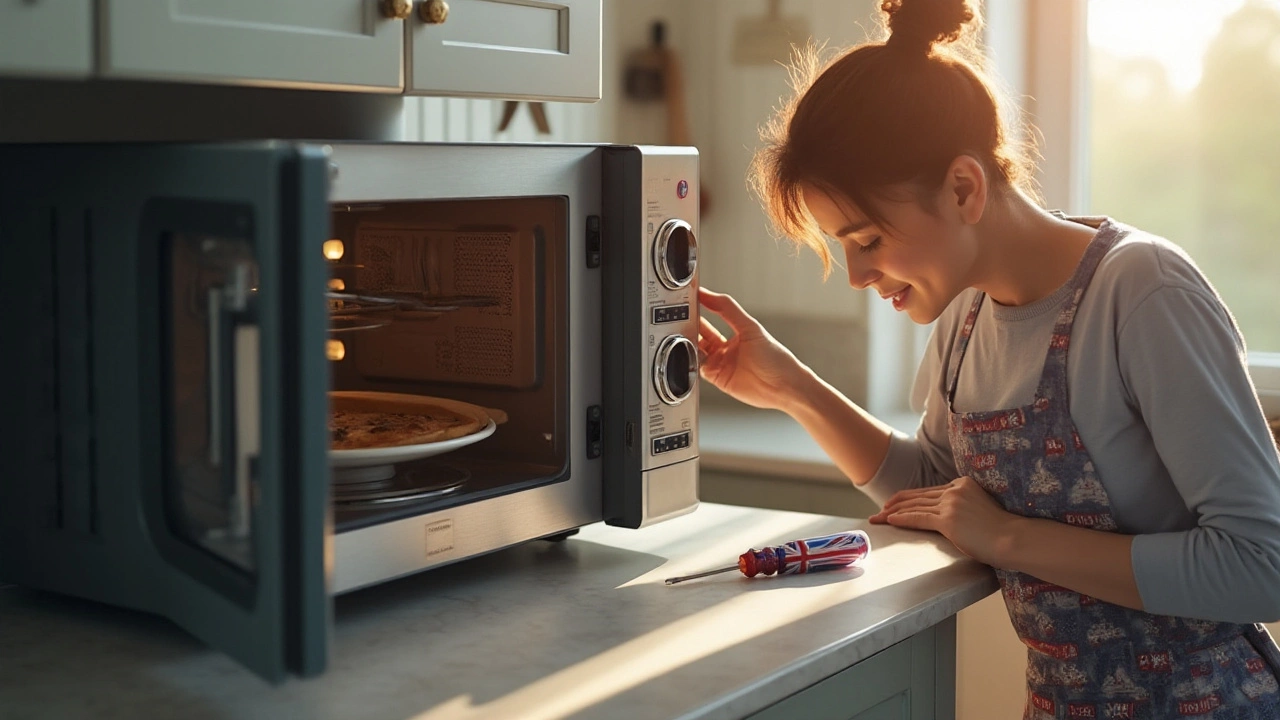Kitchen Appliances Repair Guide – What You Need to Know
Got a stubborn oven, a noisy fridge or a fan that won’t spin? You’re not alone. Most homes in Rugby face a broken kitchen gadget at least once a year. The good news? Most problems are fixable without a full replacement, and you don’t need a degree in engineering to sort them out.
Spot the Symptoms Early
Before you call anyone, do a quick check. If the oven won’t heat, look at the heating elements and the thermostat – they’re cheap to replace. A fridge that’s warm on top but cold below usually means a dirty condenser coil. And a fan that hums but doesn’t move air often has a clogged motor or a loose blade.
Run these simple tests: unplug the appliance, listen for odd noises, and feel for excessive heat. Write down what you notice; it helps the technician give an accurate quote and can even save you a call if you can fix it yourself.
When DIY Works and When to Call the Pros
DIY is great for minor jobs like cleaning a fridge coil, tightening a loose hob glass, or swapping a broken extractor fan motor. All you need are basic tools, a screwdriver set, and the right replacement part. Watch tutorials, follow safety steps, and keep the power off.
Call a pro if you’re dealing with electrical wiring, gas connections, or sealed units like a freezer or water heater. Mistakes here can be dangerous and end up costing more than a professional fix.
Here’s a quick cheat‑sheet:
- Oven not heating: check elements, replace if burnt.
- Glass hob cracked: small cracks can be repaired with special epoxy; big cracks need a new top.
- Fridge loud or warm: clean coils, defrost freezer, replace the compressor only as a last resort.
- Extractor fan weak: clean the fan blades, replace the motor if it’s still noisy.
- Dishwasher water at the bottom: clear the drain filter and hose.
Most repairs cost between £40 and £120 in Rugby, depending on the part and labor. If the price tag approaches the cost of a new appliance, weigh the age and energy efficiency. An old 15‑year oven, for example, often uses more electricity than a newer model, so replacement might save you money in the long run.
Regular maintenance is the cheapest insurance. Wipe down oven interiors, vacuum refrigerator coils, and run the fan cleaning cycle every six months. A little effort now prevents a costly breakdown later.
If you’re ever unsure, give Rugby Appliance Repair Services a call. Our technicians know every brand on the market and can give you a clear price before any work starts. We’re fast, friendly, and we won’t leave a mess behind.
Bottom line: most kitchen appliance hiccups are predictable and fixable. Start with a quick inspection, decide if it’s a DIY job, and call a pro for anything that feels risky. Your kitchen will be back to cooking, chilling and ventilating in no time.
